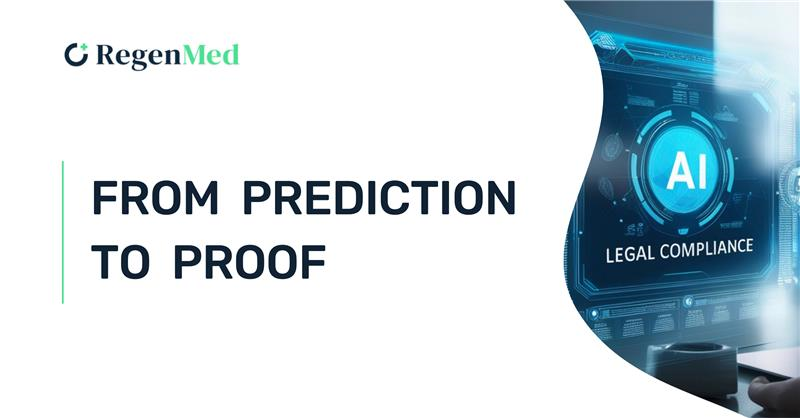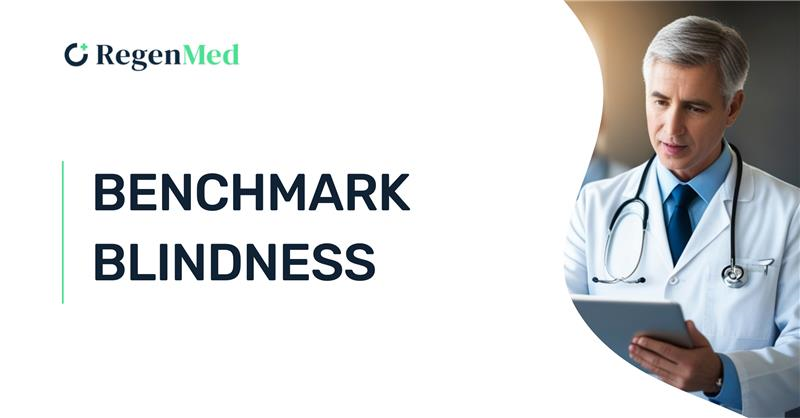The Latest
Thank you! Your submission has been received!
Oops! Something went wrong while submitting the form.
Nothing was found. Please use a single word for precise results.
Stay Informed.
Thank you! Your submission has been received!
Oops! Something went wrong while submitting the form.

.png)




.png)